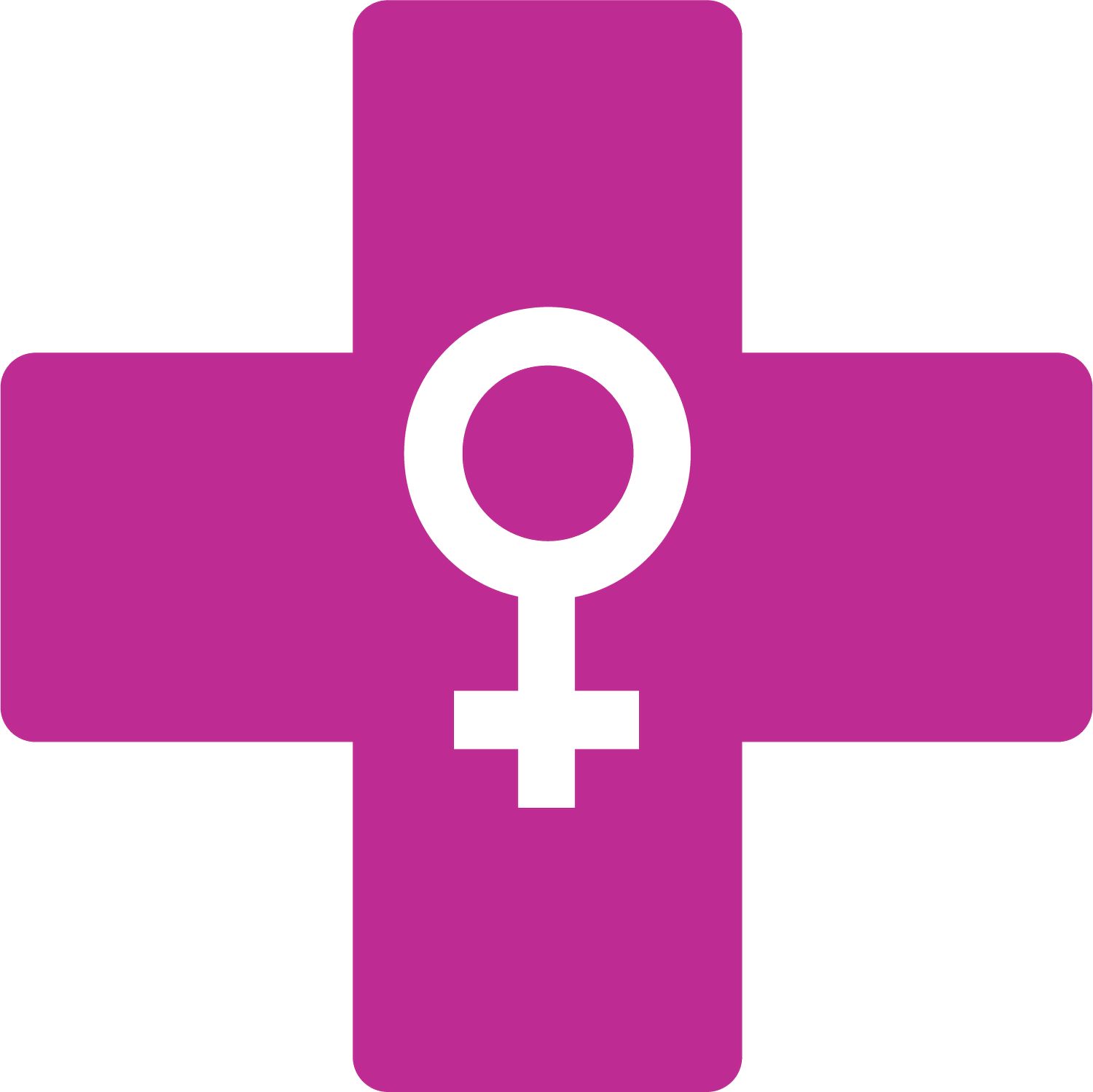Eye Health During Menopause
Menopause is a natural phase in a woman's life, marked by the cessation of menstrual periods for at least 12 consecutive months. While menopause is commonly associated with symptoms like hot flashes, mood swings, and sleep disturbances, it's essential to recognize that hormonal changes during this time can also impact various aspects of health, including eye health. In this comprehensive guide, we will explore the effects of menopause on the eyes, the changes that may occur, and practical tips to maintain good eye health during this transitional phase.
Understanding the Impact of Hormonal Changes on Eye Health
During menopause, estrogen, and progesterone, two essential hormones, decline. These hormonal fluctuations can influence various body processes, including those related to the eyes. Furthermore, as menopause typically occurs in a woman's 40s or 50s, the natural aging process also increases the risk of certain eye conditions. The interplay between aging and hormonal changes can make it difficult to determine whether menopause or the natural aging process is responsible for specific eye issues.
Expected Changes in Eye Health During Menopause
While some women experience menopause without noticeable eye-related problems, others may develop various symptoms affecting their vision. Below, we explore some of the most common eye health changes that can occur during menopause:
1. Dry Eyes
One of the most prevalent eye issues associated with menopause is dry eyes. Decreasing estrogen levels can affect tear production, leading to chronically dry eyes. Tears are crucial in maintaining the eyes' health and providing clear vision. When tear production decreases, the eyes may feel dry, gritty, or irritated. Women who experience persistent dry eyes should consult an eye doctor for appropriate management strategies.
2. Puffiness and Eye Bags
As women age, the skin around the eyes naturally becomes thinner and less elastic. Collagen production decreases, causing the tissues that support the eyelids to weaken. Consequently, the skin may sag, and fat deposits around the eyes may shift, leading to puffiness and the formation of eye bags. While these changes are not exclusive to menopause, hormonal fluctuations during this phase can exacerbate the problem for some women.
3. Dark Circles
Dark circles under the eyes can also become more pronounced during menopause. The skin becomes thinner with age, making blood vessels under the skin more visible. As a result, the area around the eyes may appear darker or more discolored. Genetics, sleep quality, and overall skin health can contribute to developing dark circles.
Eye Diseases and Menopause
While eye diseases can occur at any age, the risk of certain conditions increases as women enter menopause and age. Research indicates that postmenopausal women have a higher rate of cataracts than men of the same period. The exact relationship between menopause and cataracts is not fully understood, but hormonal changes may play a role. Additionally, changes in circulating estrogen levels have been associated with the development of glaucoma. This condition can damage the optic nerve and lead to vision loss.
Maintaining Good Eye Health After Menopause
Although menopause can bring about changes in eye health, there are steps women can take to minimize the risk of eye problems and preserve good vision. Here are some practical tips to consider:
1. Regular Eye Exams
Regular eye exams are essential for maintaining good eye health, especially during menopause. Eye exams can help detect any potential issues early and enable timely intervention. It is recommended that women in their 40s and 50s undergo comprehensive eye examinations every two to four years or as advised by an eye care professional.
2. Maintain a Healthy Weight
Maintaining a healthy weight is crucial for overall health, including eye health. Being overweight or obese increases the risk of various diseases, such as diabetes, which can have profound eye implications. Diabetes can lead to conditions like diabetic retinopathy, which can cause vision loss if left untreated.
3. Wear Sunglasses
Protecting the eyes from harmful UV rays is essential at any age, but it becomes even more crucial during menopause. Prolonged exposure to UV rays can increase the risk of eye conditions, including cataracts and age-related macular degeneration (AMD). Investing in a good pair of sunglasses blocking UVA and UVB rays can help safeguard the eyes from potential damage.
4. Exercise Regularly
Engaging in regular exercise not only benefits overall health but can also contribute to maintaining good eye health. Regular physical activity may reduce the risk of certain eye conditions, such as age-related macular degeneration. As health authorities recommend, aim for at least 150 minutes of moderate-intensity aerobic exercise per week.
5. Prioritize Adequate Sleep
Getting enough quality sleep is vital for overall well-being, including eye health. During sleep, the body undergoes essential repair processes, including the regeneration of cells. Lack of sufficient sleep can lead to eye-related issues such as redness, puffiness, and dryness. Aim for 7-9 hours of uninterrupted sleep each night to support optimal eye health.
6. Consult an Eye Doctor
Suppose you have any concerns or questions about your eye health during menopause. In that case, it is always advisable to consult an eye doctor. They can provide personalized advice, address specific issues, and recommend appropriate treatments or interventions based on your needs.
In conclusion, while menopause can change eye health, understanding the potential effects and taking proactive measures can help women navigate this phase with optimal eye well-being. By prioritizing regular eye exams, adopting healthy lifestyle habits, and seeking professional guidance, women can maintain good vision and ensure their overall eye health throughout the menopausal transition.
If you have any further questions or would like to schedule an appointment with one of our experienced eye doctors, please don't hesitate to contact your Ms.Medicine Provider. We support you on your journey to healthy eyes and vibrant well-being.


